Post details
The “innovation token” model for selecting technologies is bad, and here’s why.

The “innovation token” model for selecting technologies is bad, and here’s why.

🗳️✅ Get the fuckers out of power
If you view changing documentation to use generic “they” instead of “he” text as too political to be acceptable, then I’m sorry but your project is deeply unserious. “The generic user is a man” is a deeply political statement, and hiding behind “we’re apolitical” is bullshit. https://hachyderm.io/@Mara/112718515777208791
Predrag Gruevski and Chris Krycho joined the show to talk about SemVer. We explore the challenges and the advantages of semantic versioning (aka SemVer), the need for improving the tooling around SemVer, where semantic versioning really shines and where it’s needed, Types and SemVer, whether or not there’s a better way...
ICYMI: Burnout can happen at any point in everyone's career. But, what happens when burnout is taking place amongst other things? Burnout++ https://chrisshort.net/video/cloud-native-rejeckts-eu-2024-burnout-plus-plus/ #mentalhealth #burnout
Maintainer Week is finally here and we’re excited to make this an annual thing! If Maintainer Week is new to you, check out episode #442 with Josh Simmons and Kara Sowles. Today we’re talking Brett Cannon. Brett is Dev Manager of the Python Extension for VS Code, Python Steering Council Member, and core team member for...
This week is all about Maintainer Week — it’s a week long event starting June 7th for open source maintainers to gather, share, and be celebrated. We’re joined by Josh Simmons (Ecosystem Strategy Lead at Tidelift & President of Open Source Initiative) and Kara Sowles (Senior Open Source Program Manager at GitHub). ...
Daniel Stenberg shares his guiding principles for BDFL’ing curl, gives us his perspective on the state of the internet, talks financial independence, ensuring curl won’t be the next XZ & more!
One THOUSAND blog posts (3 mins read).
Celebrating a massive milestone in my blog, and a short reflection.
Reader survey: Who reads my blog? (2 mins read).
Wondering how my readers read my blog, and why.
Week Notes 24#26 (4 mins read).
What happened in the week of 2024-06-24?
Attached: 1 image
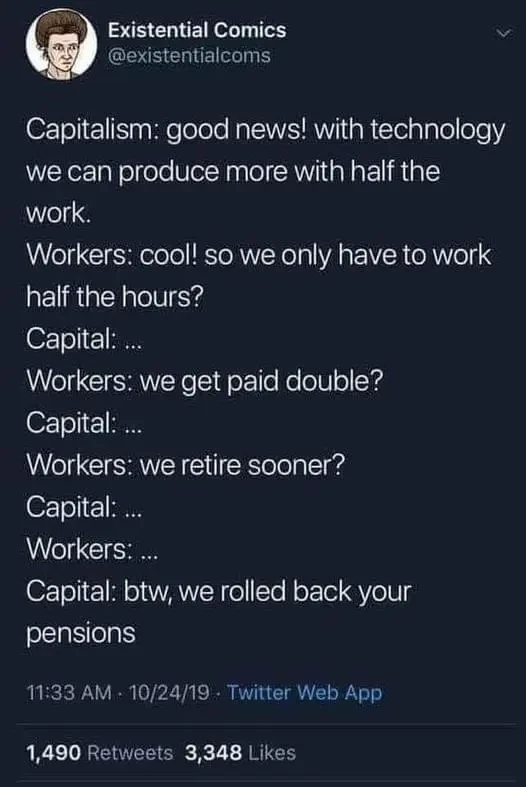
Dependency Management Data can now use sql-studio for database browsing (1 mins read).

Announcing the availability of the sql-studio database browser for dependency-management-data's web application.
Creating a test harness for validating Renovate regex manager rules (4 mins read).
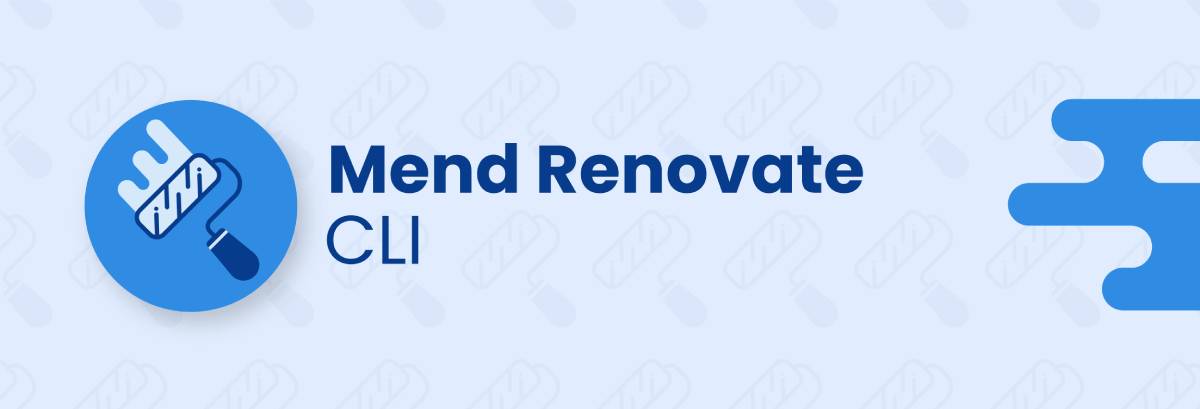
How to set up a test harness to make it eaiser to modify scary looking regexes in your Renovate configuration.
Our award winning worthy survey game show is back, this time Mat Ryer hosts it live on stage at GopherCon EU Berlin 2024! Join in & play along as we see which team can better guess what these GopherCon gophers had to say!
I will be attending
Anyone going to #GopherConUK? 👀
An overview of open source software licenses, the different types like permissive and copyleft, and things to consider when choosing a license.

Inside of you there are two engineers. One is sobbing desperately and asking for everyone to use the right tool for the task. Please, they cry, avoid the awful hacky workarounds! One is sobbing desperately and asking for everyone to use the same tool for the task. Please, they cry, make information actually discoverable! Both sob in commiseration together as they end up using 5 separate tools, duplicating the data 3x, and suffer all of the hacky workarounds with none of the discoverability.
Modifying the response body of an httputil.ReverseProxy response (2 mins read).
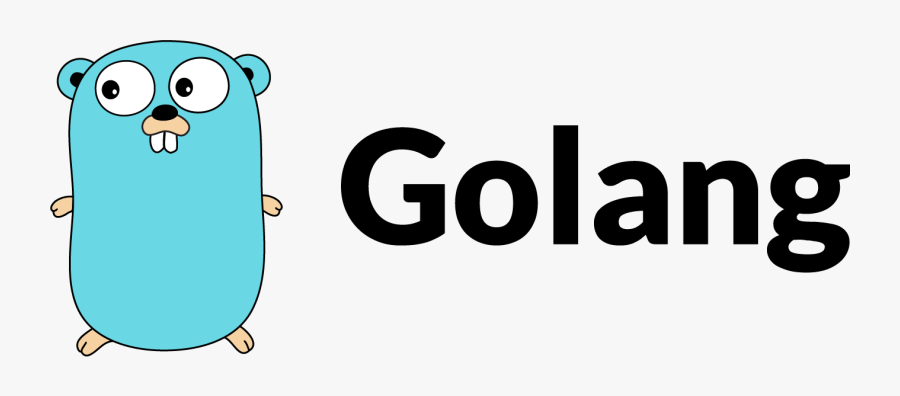
How to modify the response from a httputil.ReverseProxy before it goes back to the caller.
Render founder/CEO Anurag Goel joins us for a look behind their platform. An application native hosting option that hides the lower levels still requires a LOT of infrastructure.
I despair at the fact that you fucks have normalized catching Covid.
Week Notes 24#25 (4 mins read).
What happened in the week of 2024-06-17?
Adam & Jerod hallway-track-it between Microsoft Build interviews. Was 1999 the best year in film history? Was 2004 the worst? Have you heard the full story behind Blues Traveler’s “Hook”? Are you still reading this? Go listen! (This episode is for Changelog++ ears only.)
Look, I drink a LOT of #tea. And I mean gallons of the stuff every day. People expect on Zoom that they'll see my massive mug appear on camera because I always have a cuppa to hand. I have two of @smolrobots@mastodon.social' Teabots. So you'd think I'd have strong opinions about how you should make it or drink it, wouldn't you? But no. Make it how you like it. Drink it how you want to. Stop getting all bent out of shape because someone makes it differently to how you do. What the hell is wrong with you?
Julia dives into creating Wizard Zines on strace, Bash, and Git, making complex tools accessible, and community-driven knowledge sharing.
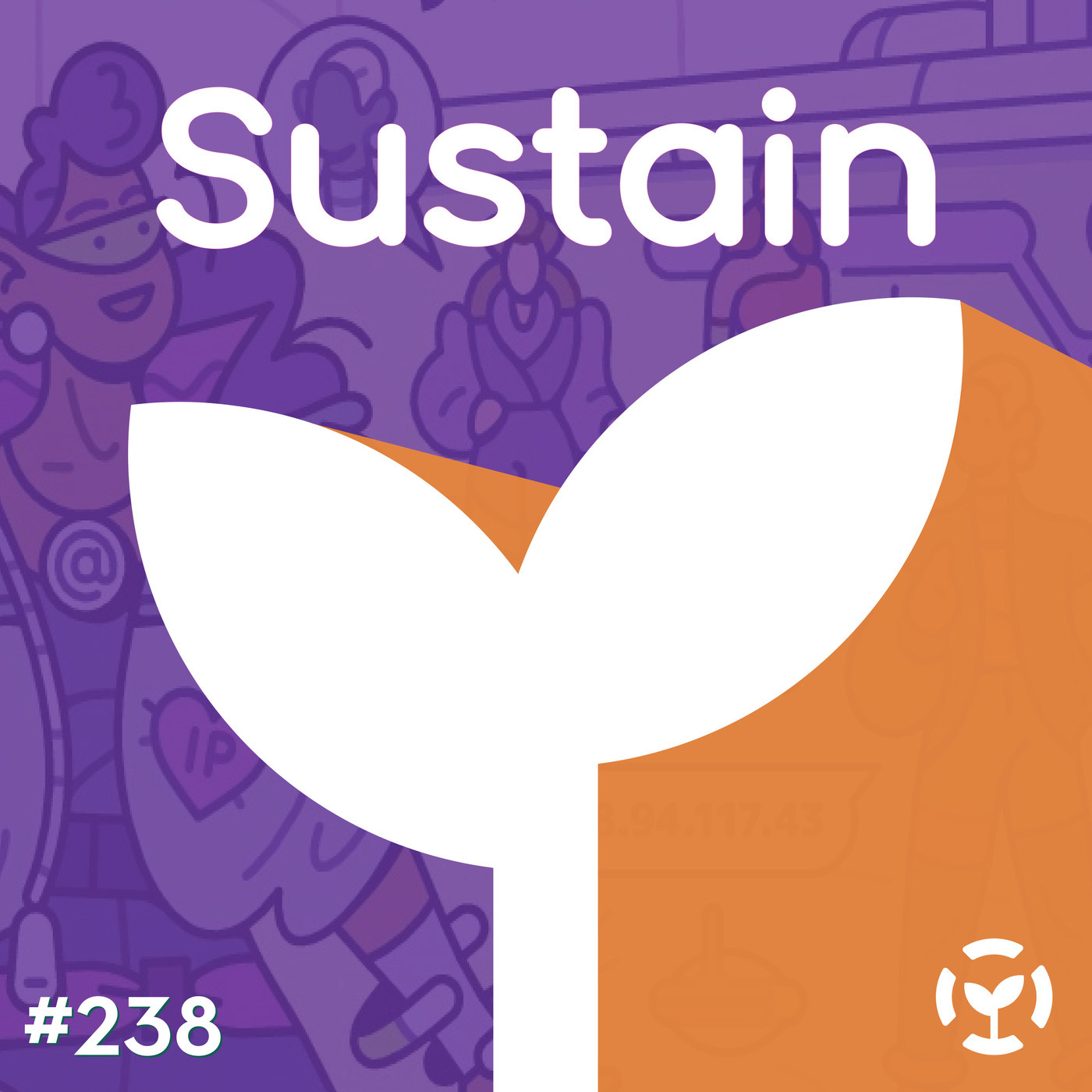
Thanks, Erik Dubbelboer, John Basila, Suchith, and Hiji, for co-hosting the episode!Which GUI library to choose?Caesar, a new Go Web Framework"How to prove I am good at Go apart from having work experience?""Where should I learn Go?"Learn Go with Tests

Jacob DePriest, VP and Deputy Chief Security Officer at GitHub, joins the show this week to talk about securing GitHub. From Artifact Attestations, profile hardening, preventing XZ-like attacks, GitHub Advanced Security, code scanning, improving Dependabot, and more.
This week on The Business of Open Source, I spoke with Karthik Ranganathan, founder and co-CEO of Yugabyte. This is the second time Karthik has been on the podcast, but since three years had passed I thought it’d be a good idea to catch up and see what’s changed at Yugabyte and how his...

I have come to realize that one cannot do everything. Also, not everything can be important all at once. It is ok to say no and to prioritize what you can do today, tomorrow, and the coming week, Also, not knowing something is totally fine and not filling up every second of your day can be a good thing.
Attached: 1 image When HR asks you to spend a few minutes taking the “anonymous” survey they’ve made.

engineers will write 200 lines of code to avoid writing a single line of code twice
Now is an excellent time to visit https://github.com/settings/applications Revoke all those unused and unloved applications which have access to your GitHub account.
computers used to scream when you connected them to the internet. this was correct
+1 - in the past I've had it recommended to not inline links and instead include them as footnotes, and I do not like that recommendation 🙃 I want the post to be rich with the context (where appropriate) and it to be linked naturally from what I'm talking about.
Some folks don't like that, that's fine! If it ends up sending someone on a side quest while they're trying to read my post, that's also OK!
(I'm increasingly suspicious that hardly anyone ever clicks on inline links in text like this, but that's not going to stop me from including them!)
As a programmer, I'll likely be making off-by-one mistakes until the day after I die
In this episode of the Mechanical Ink podcast, host Schalk Neethling sits down with Ethan Marcotte, a prominent figure in web design known for coining the term "responsive web design." Ethan's journey in the design world spans over two decades, during which he has significantly influenced how websites are created and experienced across various devices.

This week we’re catching up on the news! Kris is joined by Ian to discuss some of the recent news from around the Go community. Listen in to hear whether the co-hosts believe there’s software that shouldn’t be written in Go, their thoughts on if Go is evolving in the right direction & whether common nouns make good...
<p>Woody Harrelson feels supercalifragilistic about being Conan O’Brien’s friend; Ted Danson feels scared.</p><p> </p><p>Woody and Ted sit down with Conan to discuss their new podcast Where Everybody Knows Your Name with Ted Danson and Woody Harrelson (Sometimes), meeting, and pranking each other, on the set of Cheers, houseboat aspirations, and more. Later, Conan consults with his de facto assistant David Hopping about his presence on TikTok.</p><p> </p><p>For Conan videos, tour dates and more visit <a href="http://TeamCoco.com">TeamCoco.com</a>.</p><p>Got a question for Conan? Call our voicemail: (669) 587-2847.</p>

Performing cross-database queries with SQLite (2 mins read).

How to query multiple database files with SQLite.
Bryan and Adam were joined by The Changelog’s Adam Stacoviak for a … wide ranging conversation! Something for everyone—especially fans of HBO’s Silicon Valley!In addition to Bryan Cantrill and Adam Leventhal, we were joined by special guest Adam Stacoviak.Some of the topics we hit on, in the...

This week on The Business of Open Source, I spoke with André Eriksson, founder and CEO at Encore. We talked about how open source develops trust, something I also discussed in the episode I recorded with Reshma Khilnani. For Encore, it’s subtly different, though. In the case of Medplum, open...

This episode features Madelyn Olson, maintainer for the open-source project Valkey, to discuss the growth and impact of open-source projects in the tech industry. Corey and Madelyn explore the transformations within these projects, particularly the challenges and shifts in governance and...
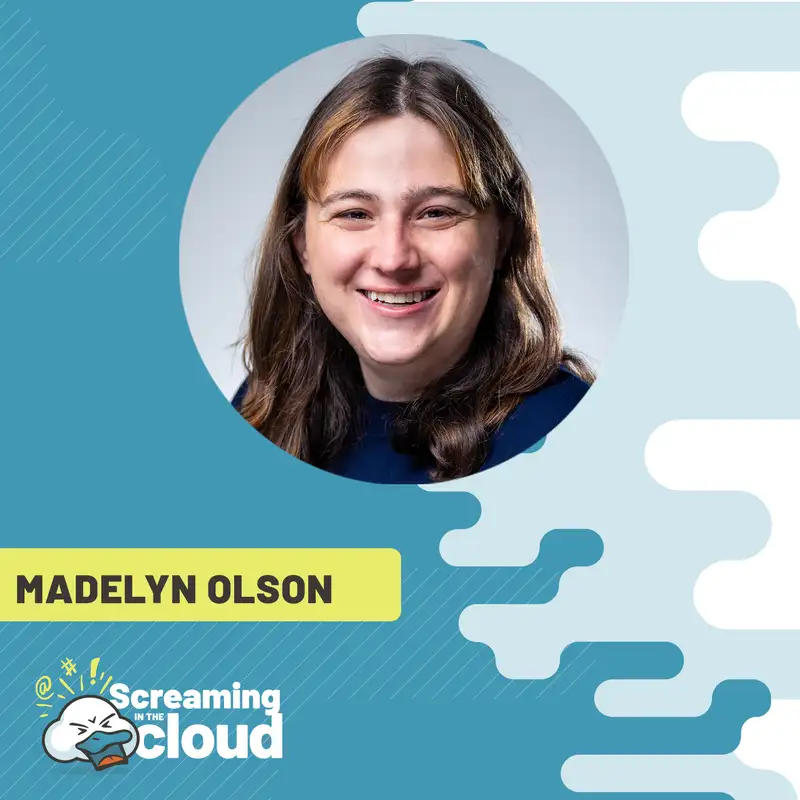
Visit our homepage - cupogo.dev - for links to our Patreon, Swag Store, and more.Next week, on June 19th, we're doing a physical meetup! Join #amsterdam on the Gopher Slack to join up.🇩🇪 GopherCon Europe next week, June 17-20Can’t afford to attend online? Fill in this form:...

Angelica is joined by Cameron Balahan, Sameer Ajmani &amp; Russ Cox from the Go Team at Google to talk about how things get done on the Go Team, how do they decide what to improve and then how do they go about improving it. We also discuss how they decide what to work when &amp; what the future of Go might look like.
Week Notes 24#24 (3 mins read).
What happened in the week of 2024-06-10?
Dependency Management Data's web application can now be deployed as a single static binary (2 mins read).

Announcing dependency-management-data's embedded SQL browser interface.